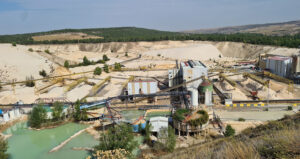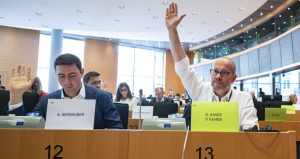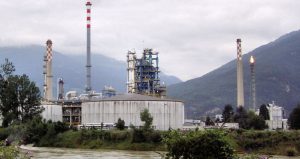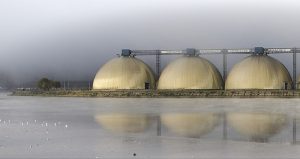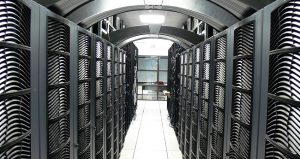Brussels restricts industrial discharges
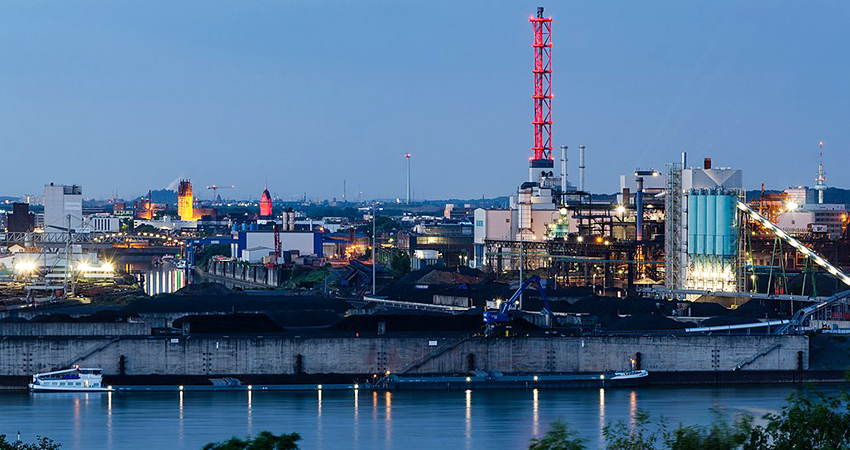
-
 Esther Rasenberg
Esther Rasenberg
Share article:
Tighter permit controls, investments in clean technologies, the launch of an Innovation Centre for Industrial Transformation and Emissions (INCITE) and enhanced data transparency. These are a few of the measures the European Commission presented the 5th of April in the revised Industrial Emissions Directive.
The new proposal of the Industrial Emissions Directive (IED) aims to reduce the pollution of the environment to zero in 2050. Organisations working on water quality are happy with the revision. They are convinced stricter measures are necessary. The European federation of drinking water companies and water managers EurEau states on their website that reducing the release of potentially harmful contaminants into the environment is beneficial for everyone. ‘That is why we want an Industrial Emissions Directive that is robust to deal with pollutants.’
Do not discharge into the sewer
EurEau also states industrial wastewater treatment plants should no longer be allowed to discharge into sewers. The industrial wastewater that ends up in wastewater treatment plants (WWTP’s) through the sewage system can disrupt the treatment process. In addition not all substances are removed during the wastewater treatment. Therefore, in particular, discharges of mobile and persistent substances of very high concern into the sewer must be prevented and tackled with Best Availlable Techniques (BATT). However, if these kind of discharges are allowed, employees at the treatment plant should be structurally involved, warns EurEau. “They can then monitor and better control the purification process.”
Input from general public and stakeholders
During the revision process the general public was given the opportunity to respond via the ‘Have your Say’ website. Last year 155 responses were received. Incidentally, those reactions were rarely from ordinary citizens. A large number of stakeholders responded via this website. For example Vattenfall, RWE and Onyx, but also EurEau, the umbrella organization of European water companies. After the general public, stakeholders were invited to react. During two digital meetings, large companies, governments and NGOs were given the opportunity to ask questions. The last meeting took place in December 2021.
Database for industrial discharges
In addition to the revision of the Industrial Emissions Directive, the European Commission is also working on the revision of the European Pollutant Release Transfer Register (E-PRTR). This is an electronic database where industrial companies report their emissions. Vewin and RIWA want this system to be improved so that a complete registration system is created in which at least all emissions of licensed relevant and persistent, mobile substances of very high concern can be found per water body. The European federation of drinking water companies and water managers EurEau also states that the E-PRTR could make an important contribution to protecting drinking water sources. Revision of the E-PRTR could contribute to the goal of better providing EU citizens with environmental data.



